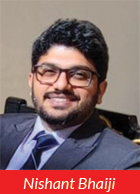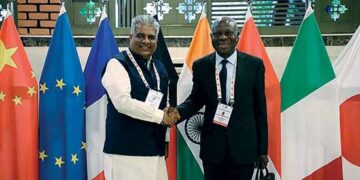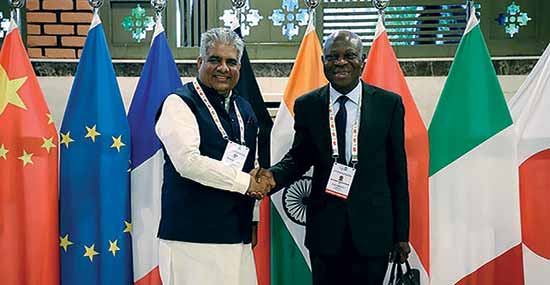 AT the G20 Labour and Employment Ministers’ meeting earlier this year, Gilbert F. Houngbo, Director-General of the International Labour Organisation (ILO), urged ministers to address skills gaps, invest in social protection systems, and embrace sustainable financing mechanisms for employment and social protection policies. These efforts aim to bridge fractures in the global labour market and reduce inequalities.
AT the G20 Labour and Employment Ministers’ meeting earlier this year, Gilbert F. Houngbo, Director-General of the International Labour Organisation (ILO), urged ministers to address skills gaps, invest in social protection systems, and embrace sustainable financing mechanisms for employment and social protection policies. These efforts aim to bridge fractures in the global labour market and reduce inequalities.
The ILO plays an active role in supporting G20 as a key forum for international economic collaboration. In response to the G20 request, the organisation contributes data, analysis, and policy recommendations on labour, economic, and social issues, with the goal of strengthening the global economy.
Global skill gaps
The fourth and the final meeting of G20 Employment Working Group (EWG) took place in July in Indore. It focused on three main topics: global skills gaps, extending social protection to platform and gig workers, and sustainably financing national social protection systems. Ministers identified specific policy priorities to accelerate progress on skills gaps and extending social protection, emphasising the need for sustainable financing.
Houngbo emphasised the deepening global employment divide, particularly in low-income countries, urging the mobilisation of more global resources.
He highlighted initiatives like the UN Global Accelerator on Jobs and Social Protection for Just Transitions, playing a crucial role in generating technical and financial support. He called for broader reform of the international financial architecture to make additional resources available for achieving Sustainable Development Goals (SDGs).
Employment challenges
The meeting also discussed the Antalya Youth target and the NEET rate. While the former aims to reduce the share of young people at risk of being permanently left behind in the labour market, the latter reflects young people not in employment, education, or training.
Houngbo briefed ministers that the NEET rate was back to or below its pre-pandemic level and that there has been significant progress in reaching the Antalya Youth rate. However, he emphasised the need to focus on promoting better employment for youth and tackling gender inequality.
The ILO advocated for a common language on skills and qualifications to facilitate cross-country comparability and mutual recognition. The organisation, along with the OECD, will launch a feasibility study for a global skills taxonomy by the end of 2026.
















